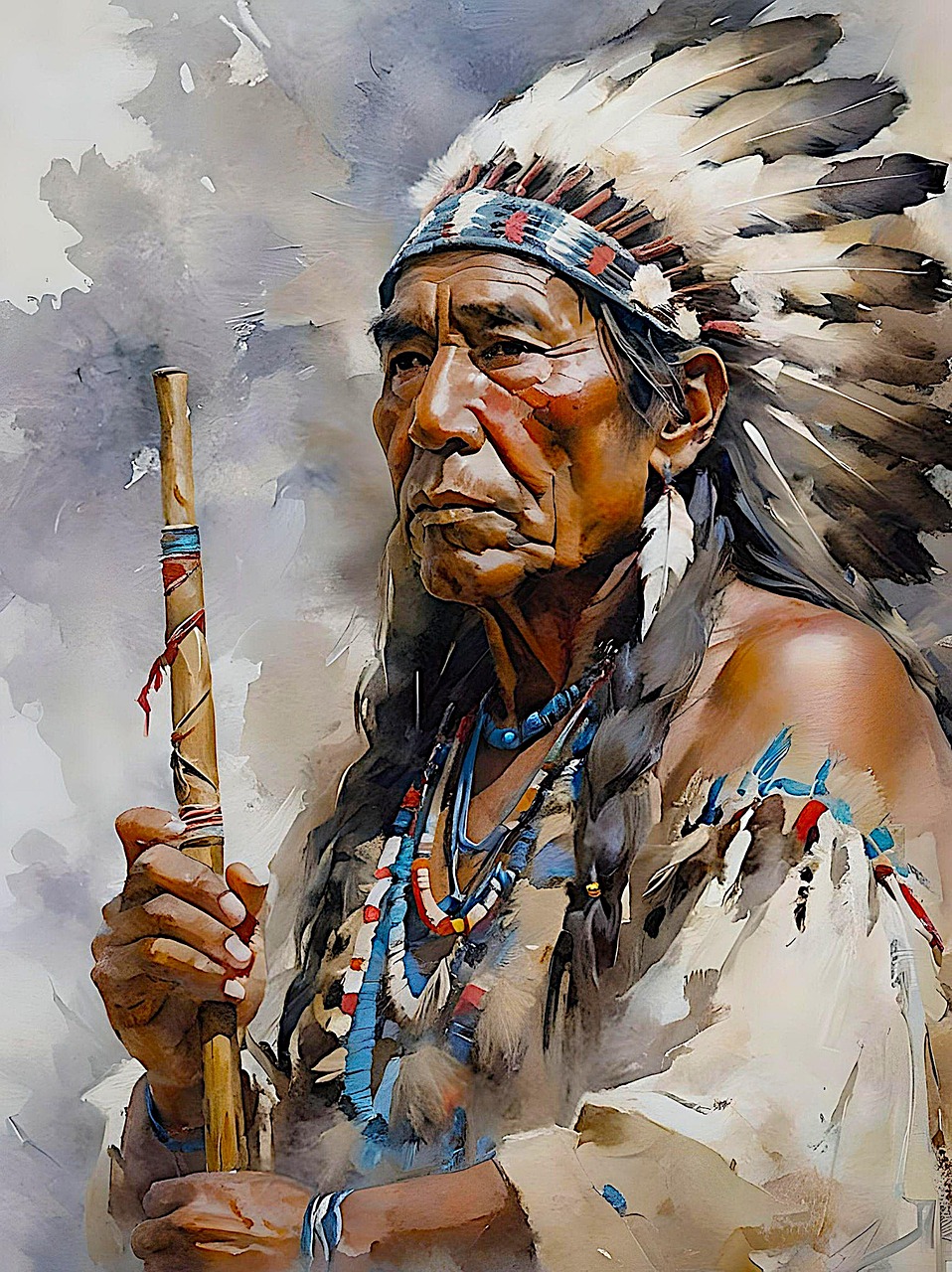The history and culture of the Indigenous peoples of North America are rich in symbols, rituals, and social structures. A central element of these structures is the role of chiefs and tribal councils. They embody not only political and organizational duties but also spiritual leadership, cultural identity, and the preservation of traditions.
Historical Significance of Chiefs
Chiefs in many tribes were recognized not solely because of their heritage or power, but for qualities such as:
- Wisdom
- Courage
- Sense of justice
- Ability to unite the people
Often, they were chosen by tribal members or appointed to this position through their actions in daily life. Their responsibility was to maintain the balance between people, nature, and the spiritual world.
The Tribal Council as a Community Body
Alongside the chief, the tribal council played an essential role. This body was made up of respected men and women who served as the voice of the people.
Responsibilities of the council included:
- Advising the chief
- Resolving conflicts within the tribe
- Organizing hunts, festivals, or ceremonies
- Deciding on war and peace
The collective wisdom of the council ensured that important decisions were not made by one individual alone, but carried by the community.
Spiritual and Cultural Dimension
For many Indigenous peoples, chiefs were not only political leaders but also spiritual guides. They maintained close connections with shamans, led ceremonies, and strengthened the sense of community through rituals.
Their decisions were guided by respect for the ancestors and responsibility toward future generations.
Modern Interpretation
Today, chiefs and tribal councils still exist – particularly in reservations or autonomous regions. Their responsibilities have evolved:
- Representation before government institutions
- Promotion of education and health
- Protection of language and culture
- Economic development of the community
The core principle remains: leadership means service to the community.
Conclusion
The role of chiefs and tribal councils shows how closely democracy, spirituality, and community spirit are interwoven in Indigenous cultures. They represent a system based on respect, wisdom, and shared responsibility – values that remain highly significant today.

